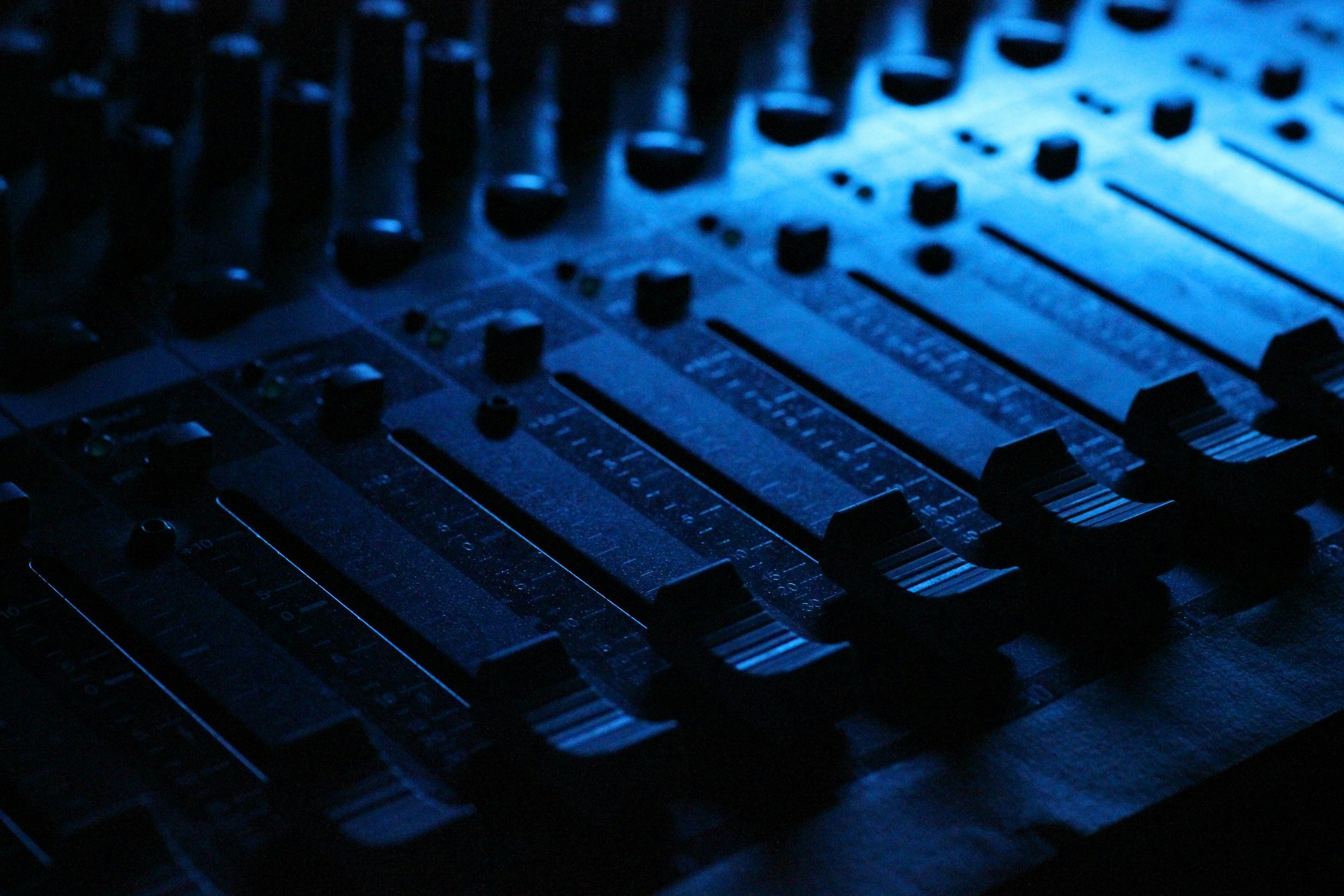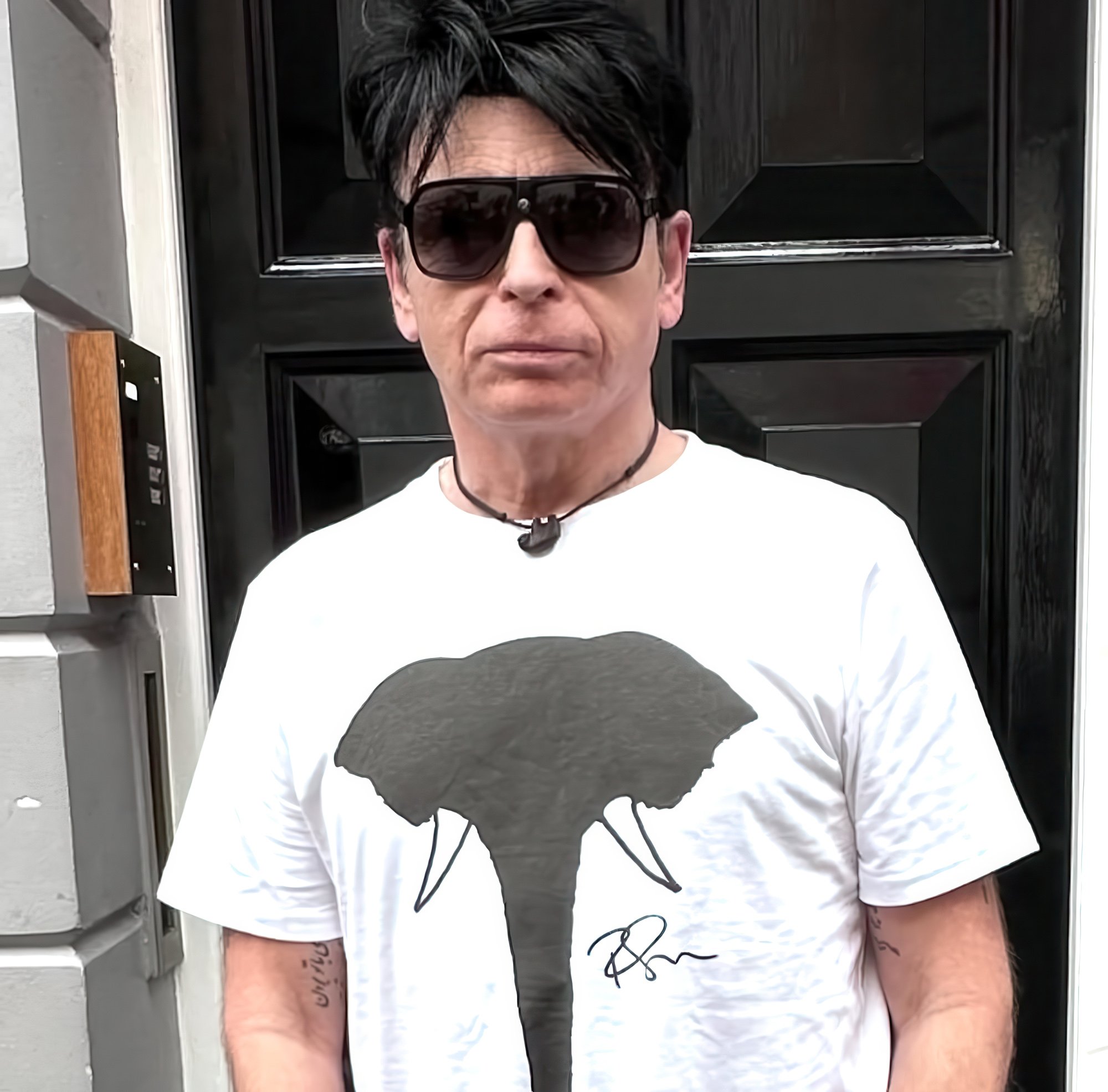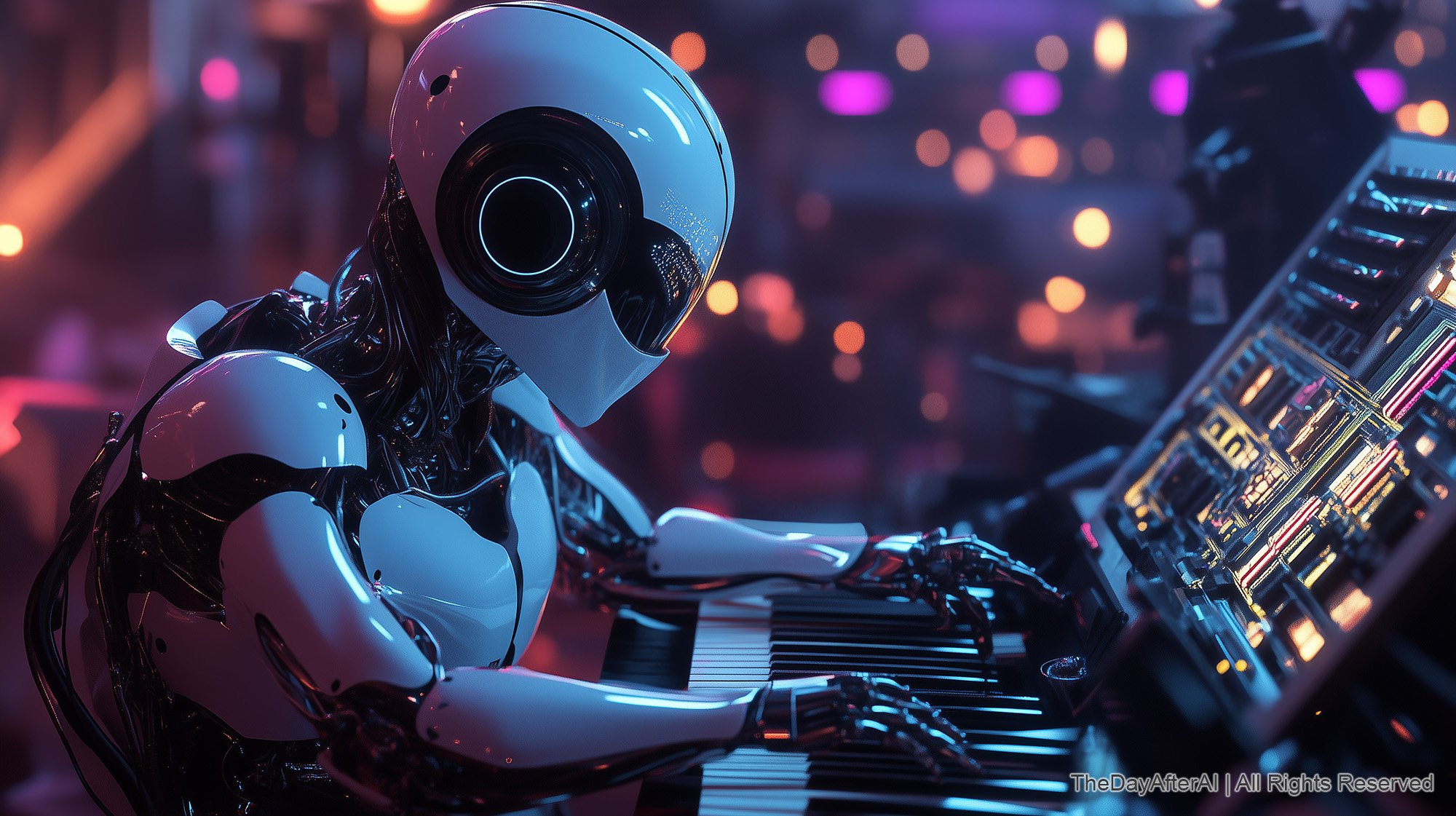Amazon’s Alexa-Suno Integration Sparks AI Music Copyright Battle
Image Credit: Lazar Gugleta | Splash
In a recent presentation introducing the capabilities of Alexa Plus, Amazon presented a range of new features aimed at improving its voice assistant’s functionality. Included among the announcements was a brief demonstration of integration with Suno, an AI-driven song generation platform. While planned as a minor component, this integration has unexpectedly drawn Amazon into a heated copyright dispute, raising questions about the legal and ethical implications of AI-generated music.
[Read More: Amazon Deepens Generative AI Strategy with $4 Billion Investment in Anthropic]
What Is Suno? A Platform Under Legal Scrutiny
Suno is an artificial intelligence tool that allows users to create original songs by inputting text prompts, such as “a jazz-reggae-EDM fusion about dreams”. The platform then generates a complete track, including lyrics, vocals, and instrumentation. However, Suno has found itself embroiled in legal battles with major music industry players, including the Recording Industry Association of America (RIAA) and prominent labels like Universal Music Group, Sony Music, and Warner Music Group. These entities accuse Suno of training its AI model on copyrighted material without permission, a claim that has yet to be definitively proven due to the opaque nature of the company’s training data.
The plaintiffs argue that Suno’s AI has produced tracks eerily reminiscent of well-known songs, such as Chuck Berry’s “Johnny B. Goode”, Jerry Lee Lewis’s “Great Balls of Fire”, and even Jason Derulo’s signature self-referential vocal tag. While the RIAA and labels lack direct access to Suno’s training dataset, these similarities fuel their case. In its defense, Suno acknowledges that its model was likely trained on a vast library of recordings, including those owned by the suing parties.
“It is no secret that the tens of millions of recordings that Suno’s model was trained on presumably included recordings whose rights are owned by the Plaintiffs in this case”, the company stated in a legal filing.
Suno maintains that this practice falls under fair use, a legal doctrine that remains untested in the context of AI-generated music.
[Read More: Suno’s V4 AI Music Model Sets New Standards Amid Copyright Lawsuit and Industry Debate]
Fair Use Debate: A Legal Grey Area
The concept of fair use is central to this dispute, as it permits limited use of copyrighted material without permission under specific conditions, such as for transformative works that do not harm the original market. The RIAA contends that Suno’s outputs compete directly with authentic recordings, potentially depriving artists and rights holders of revenue. A precedent cited in the debate is the 2023 Supreme Court ruling against Andy Warhol’s estate, where the artist’s screenprint of a Lynn Goldsmith photograph was deemed infringing because it replaced the original in commercial licensing, without credit or compensation to Goldsmith.
This argument could gain traction with Suno’s integration into Alexa Plus. If users opt for AI-generated tracks over licensed music available through services like Amazon Music Unlimited or Spotify, artists like Mariah Carey—whose “All I Want for Christmas Is You” has been mimicked by Suno—could lose out on royalties. The RIAA’s case hinges on proving that Suno’s technology supplants rather than supplements human-created music, a question courts have yet to resolve in the AI era.
[Read More: Thailand Dhurakij Pundit University Explores AI Music Creation with Suno AI]
Amazon’s Role: A Risky Move?
Amazon’s decision to feature Suno in its Alexa Plus demo has drawn scrutiny, particularly given the company’s existing relationships with the music industry. The integration requires users to link a Suno account—available through a subscription or a limited free tier—to their Alexa device, enabling voice-prompted song creation. While Amazon framed this as a novel add-on, it has sparked concerns about inadvertently bolstering Suno’s legal vulnerabilities and straining ties with record labels.
Amazon Music, a key component of the company’s ecosystem, relies on licensing agreements with the very labels now suing Suno. In December 2024, Universal Music Group announced an “expanded global relationship” with Amazon, emphasizing joint efforts to combat “unlawful AI-generated content” and protect against fraud and misattribution. The Suno demo appears to contradict this commitment, prompting questions about Amazon’s strategic coherence. The company declined to offer an official statement on the demonstration, leaving observers to speculate on its awareness of the potential fallout.
[Read More: Suno’s AI Symphony: Revolutionizing Music Creation or Raising Copyright Concerns?]
Industry Voices Weigh In
Richard James Burgess, president and CEO of the American Association of Independent Music, expressed alarm at the prospect of widespread access to Suno via Alexa.
“[If] Suno is suddenly available to every Alexa subscriber, that would be of great concern”, he said, clarifying that his objection lies not with AI music itself but with its alleged reliance on unlicensed material.
“If it hasn’t been licensed correctly from rights holders, then that’s problematic for all music. It affects people’s businesses. It affects their livelihoods”.
Burgess’s stance underscores the broader industry tension between innovation and intellectual property rights.
[Read More: Harmonizing Technology: Suno's Latest Update Enhances Music Video Customization]
Suno’s Business Model and Creative Critique
Suno operates on a subscription model, with paid tiers unlocking greater song generation capacity beyond the free tier’s 10-song daily limit. Critics, however, question the quality and purpose of its output, often describing it as lackluster compared to human-composed music. The platform’s cofounder, Mikey Shulman, has suggested a disconnect between musicians and listeners, noting in a Rolling Stone interview that the audience vastly outnumbers creators—a ratio he views as “lopsided”. This perspective has drawn skepticism from those who argue that music’s value lies in human expression, not automated production. Efforts to reach Shulman for further comment went unanswered.
While some AI-generated tracks, like “BBL Drizzy”, have gained traction through human curation and editing, the Alexa demo showcased unrefined, prompt-driven output. This approach, critics argue, lacks the depth of collaboration between artists and technology, positioning Suno as a potential disruptor to the creative process rather than an enhancer.
[Read More: Revolutionizing Business with AI Music Generators: Top Tools & Trends 2024]
Broader Implications for Music and Technology
Beyond copyright, Suno’s integration raises concerns about fraud and soundalikes—issues already plaguing the music industry. AI-generated tracks could exacerbate these problems, enabling the creation of deceptive imitations that undermine legitimate artists. For Amazon, the move risks alienating partners integral to its music streaming services, potentially jeopardizing long-term goodwill for a short-term gimmick.
The financial stakes for Suno are equally daunting. Should courts rule against it, the company could face damages of up to US$150,000 per infringed work—a sum that, given the scale of its alleged training data, could push it toward insolvency. Additional licensing fees to legitimize its operations might further strain its unproven business model.
Source: The Verge














